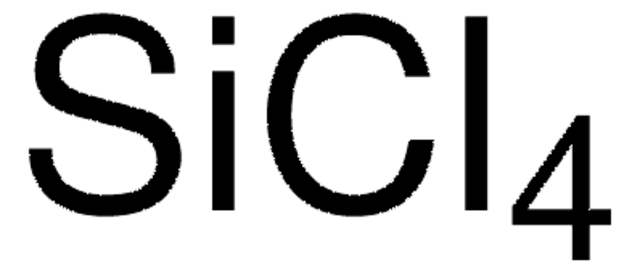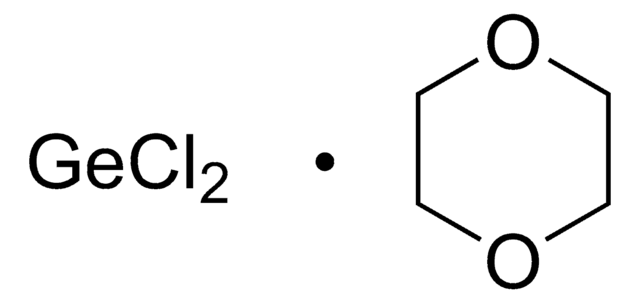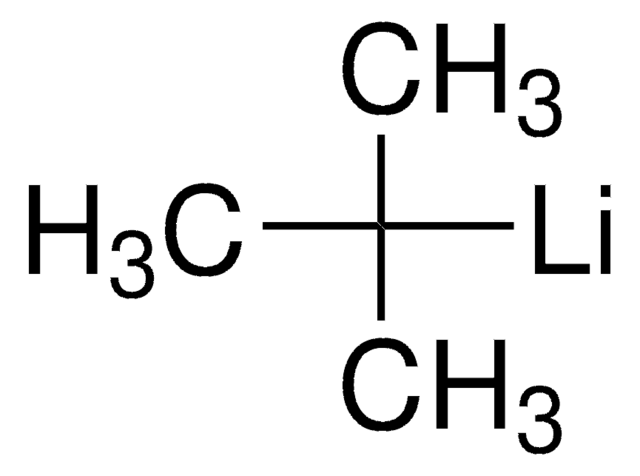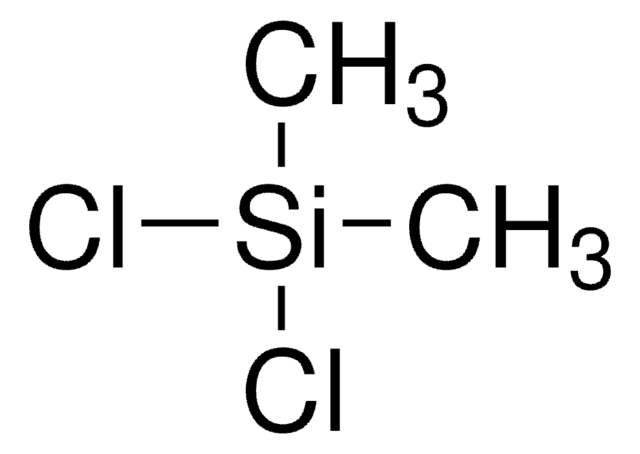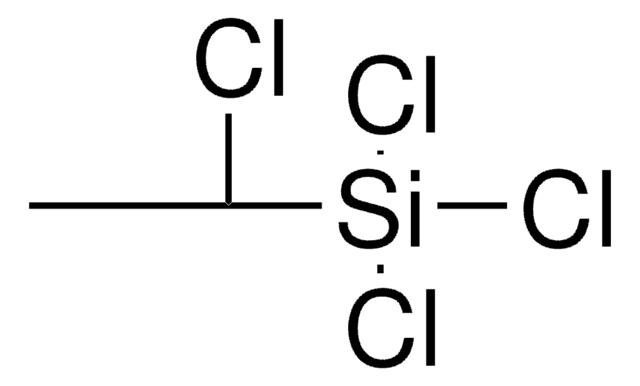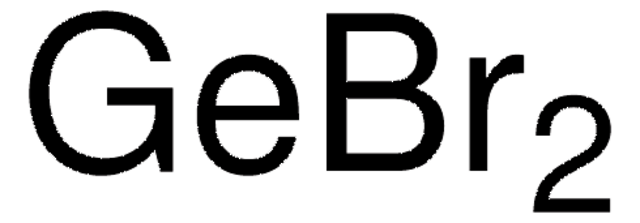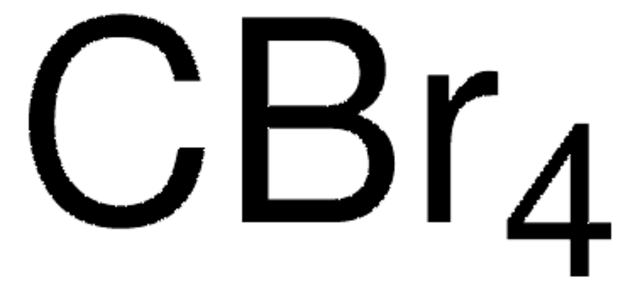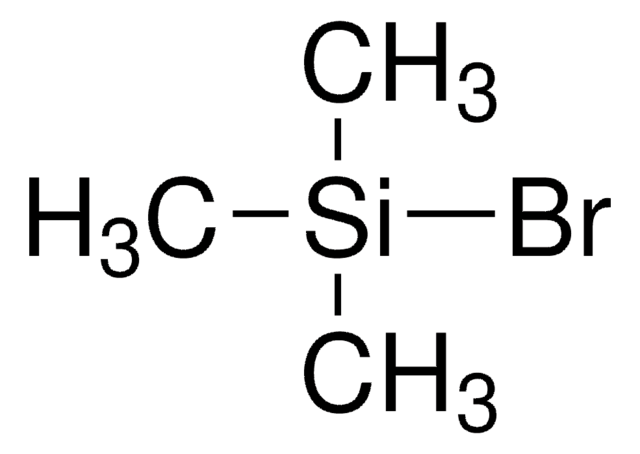333468
Silicon tetrabromide
99%
Synonym(s):
Tetrabromosilane
About This Item
Recommended Products
vapor density
2.8 (vs air)
Assay
99%
form
liquid
reaction suitability
core: silicon
bp
153 °C (lit.)
mp
5 °C (lit.)
density
2.8 g/mL at 25 °C (lit.)
SMILES string
Br[Si](Br)(Br)Br
InChI
1S/Br4Si/c1-5(2,3)4
InChI key
AIFMYMZGQVTROK-UHFFFAOYSA-N
Looking for similar products? Visit Product Comparison Guide
Related Categories
Application
Signal Word
Danger
Hazard Statements
Precautionary Statements
Hazard Classifications
Eye Dam. 1 - Skin Corr. 1B
Storage Class Code
8B - Non-combustible corrosive hazardous materials
WGK
WGK 3
Flash Point(F)
Not applicable
Flash Point(C)
Not applicable
Personal Protective Equipment
Choose from one of the most recent versions:
Already Own This Product?
Find documentation for the products that you have recently purchased in the Document Library.
Customers Also Viewed
Articles
atomic layer deposition (ALD), microelectronics, Mo:Al2O3 films, nanocomposite coating, photovoltaics, semiconductor devices, W:Al2O3 films, composite films, layer-by-layer
Spin-based electronic (spintronic) devices offer significant improvement to the limits of conventional charge-based memory and logic devices which suffer from high power usage, leakage current, performance saturation, and device complexity.
Hybrid organic-inorganic sol-gel materials containing silica were first called “ORMOSILs” in 1984.
Our team of scientists has experience in all areas of research including Life Science, Material Science, Chemical Synthesis, Chromatography, Analytical and many others.
Contact Technical Service
